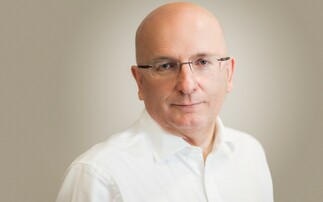Investors could be faced with a plethora of fund charging models post-RDR as well as higher overall costs and ‘premium' prices for a top tier of better performing funds or specialist mandates.
Fund groups are working on developing pricing structures for their ranges to meet requirements post-2012. However, divisions are opening up between providers and platforms on how best to meet investors’ demands. Momentum is also building behind a sliding charging structure for funds based on performance, with higher alpha products priced at a premium, leading to greater differentiation between funds. Many industry experts already forecast costs will increase for consumers post-RDR. They say the traditional total annual management charge of 1.5% will be scrapped and overall charges may...
To continue reading this article...
Join Professional Adviser for free
- Unlimited access to real-time news, industry insights and market intelligence
- Stay ahead of the curve with spotlights on emerging trends and technologies
- Receive breaking news stories straight to your inbox in the daily newsletters
- Make smart business decisions with the latest developments in regulation, investing retirement and protection
- Members-only access to the editor’s weekly Friday commentary
- Be the first to hear about our events and awards programmes






